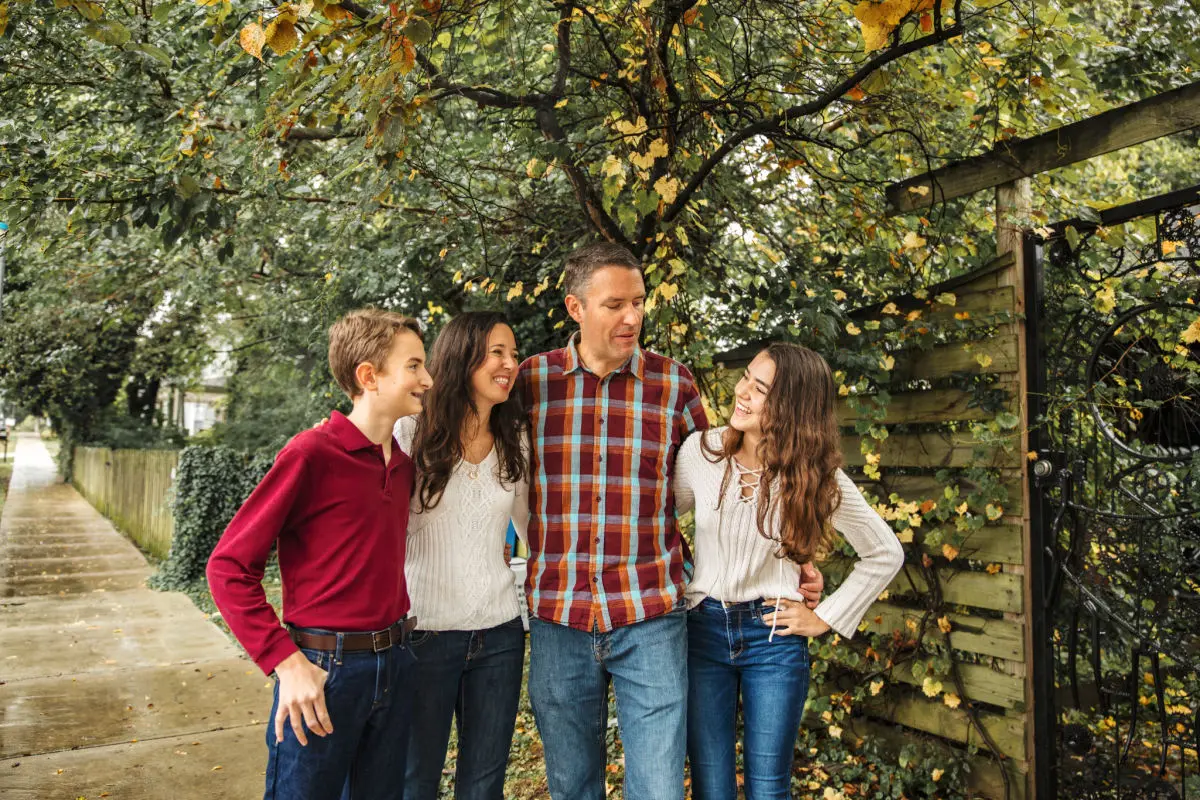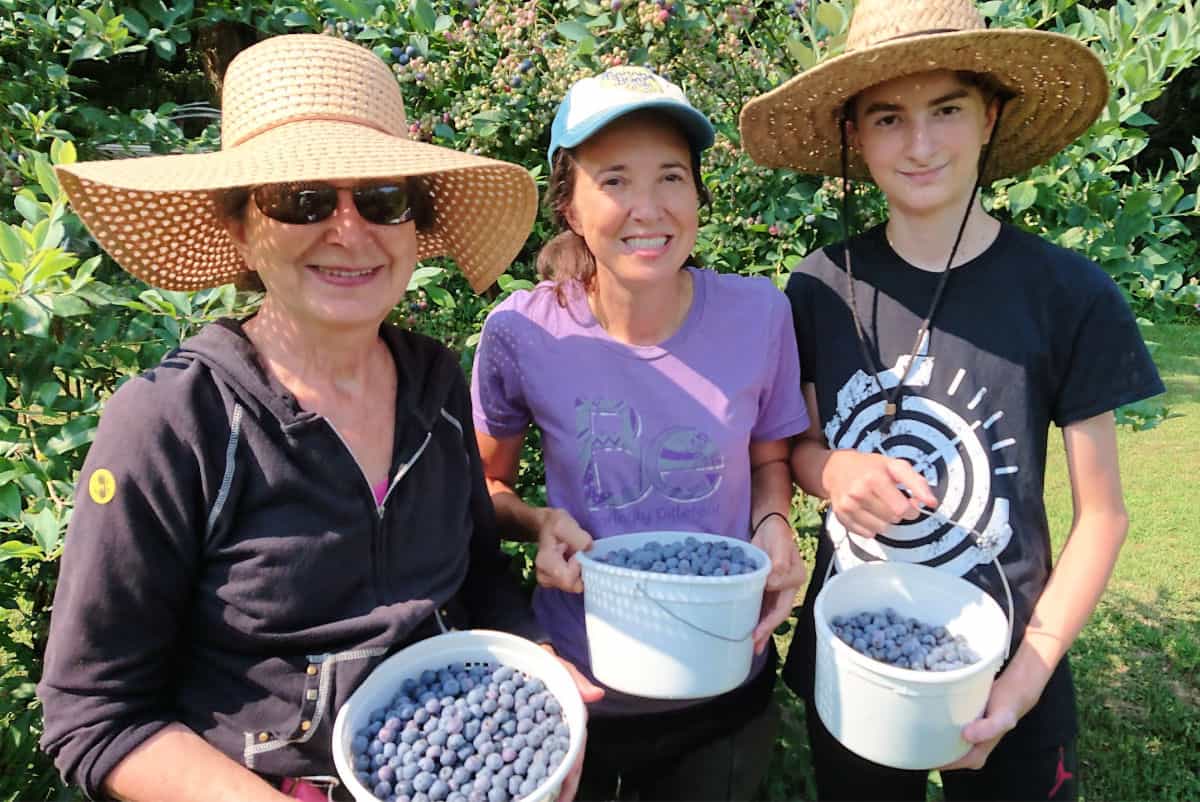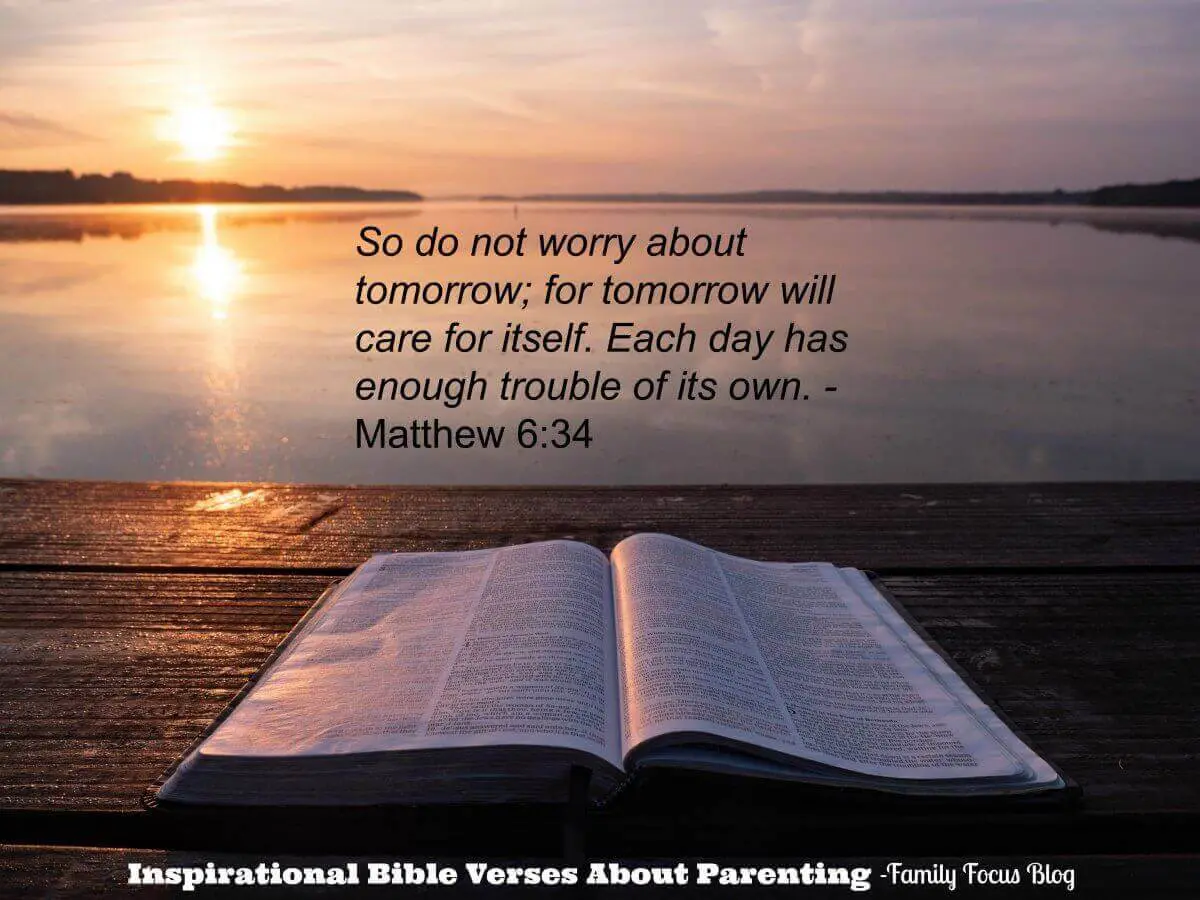Today, I want to share some of my favorite quotes on follow-through. As a general concept everyone knows the follow through meaning is to finish what you start. People also know following through is important. However, they sometimes neglect it because it takes too much time, effort, confidence, or desire. However, following through is part […]
parenting tips
What It Means to be Family Oriented
Family first seems to be a motto for many, but do they really mean it? What does it mean to put your family first and be family oriented? We all want more time with our families and we want to be there for the special moments as well as the family night dinners, but work […]
Why Family Traditions Are Important
Family traditions play an important part in most families and not just for the holidays. You don’t need special occasions to create a family rituals; they can be a reassuring part of everyday life. Traditions are about teaching shared values, providing stability, and creating fond memories that bond the whole family. In this article I […]
Best Bible Verses About Parenting Responsibilities
Looking for a bible verse about parents so you can draw some inspiration? Encouraging and growing your child’s faith starts at home. Your kids watch what you do, listen to what you say, and try to copy you. Every parent has experienced their child repeating something they said or did when they didn’t think their […]
Healthy Food For Picky Eaters
Most kids are at least a little picky when it comes to food. As a parent this can be problematic for many reasons. Picky eaters can make it hard to fix dinners that everyone enjoys. Picky eaters also tend to avoid many foods that are actually good for them and which they need for a well balanced diet. The […]
Family Values- Examples And Importance Of A Strong Foundation
Family values aren’t usually something most people think about until they need to teach their kids a lesson in response to an unwanted behavior. However, the importance of family values should not be overlooked. Thinking about what your family values are and instilling them in your children early, can teach your kids how you expect […]
What Kids Learn From Your Marriage
Studies have long suggested that divorced and single-parenting may have negative effects on children. Children in these homes tend to perform worse in school, exhibit more behavioral problems, and are more likely to have social and relationship issues as they get older. But even in homes where parents are married, parents should be aware of […]







